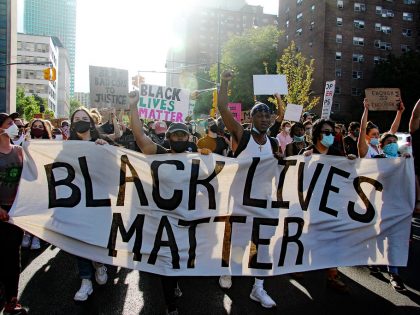
Um abraço em escuta
Ekwa Msangi, realizadora Tanzaniana-Americana, mostra a história de muitos imigrantes com a experiência de uma família angolana de imigração.

Ekwa Msangi, realizadora Tanzaniana-Americana, mostra a história de muitos imigrantes com a experiência de uma família angolana de imigração.

Nigerian cinema is obsessed with films about the wealthy. Can class politics shine through?

Recent changes affect the daily lives of ex-combatants and other soldiers who struggle to reintegrate into society a decade after the end of the war.

How useful is Antonio Gramsci’s concept of hegemony in making sense of 20th century Egyptian politics?

We all want to see Africa's heritage repatriated to the continent. But what happens after it returns?


The first episode of the new season of Africa Is a Country Radio, our monthly music show, focuses on the port city of Freetown, Sierra Leone. Listen on Worldwide FM and follow us on Mixcloud.

At a time when Evangelical Christianity frequently goes against the interests of African people, is it time for us to re-make Christianity?

In a Kenya coping with COVID-19 restrictions, circumcision season presents an impossible choice between tradition and civil obedience.

Young Africans are breathing life into Tupac’s memory, channeling his image and his music to be heard and seen in social spaces where they feel neither audible nor visible.

What might Black Lives Matter learn from Africanist scholars who have studied inequality outside the US, especially in Africa?

Reflections from a former President of the African Studies Association (ASA), the largest African Studies association globally, on the future of the discipline.


Hip hop and the Black political mainstream more broadly, continues to have hope in the promises of American capitalism.

Mbembe’s work serves as a guide to understand our fragmented global present and the urgent matter of charting ways out of our shared dark night.

The Democratic Republic of the Congo has a rigid educational system, largely unchanged from the colonial era. Slam artists and activists are working to open it up to alternative spaces of expression.

The history of Africa involves navigating utopian visions and brutal realities as the recent work of Egyptian filmmaker Tamer el-Said's and before that, Ayi Kwei Armah show.

We can only end hunger when people have control over what they eat and how that food is produced.

The recent #EndSARS protest in Nigeria reveals how young people carve out agency in the context of Nigeria's dysfunctional and violent state.

New biographies reveal Wangari Maathai as a reflective scholar and critical thinker.